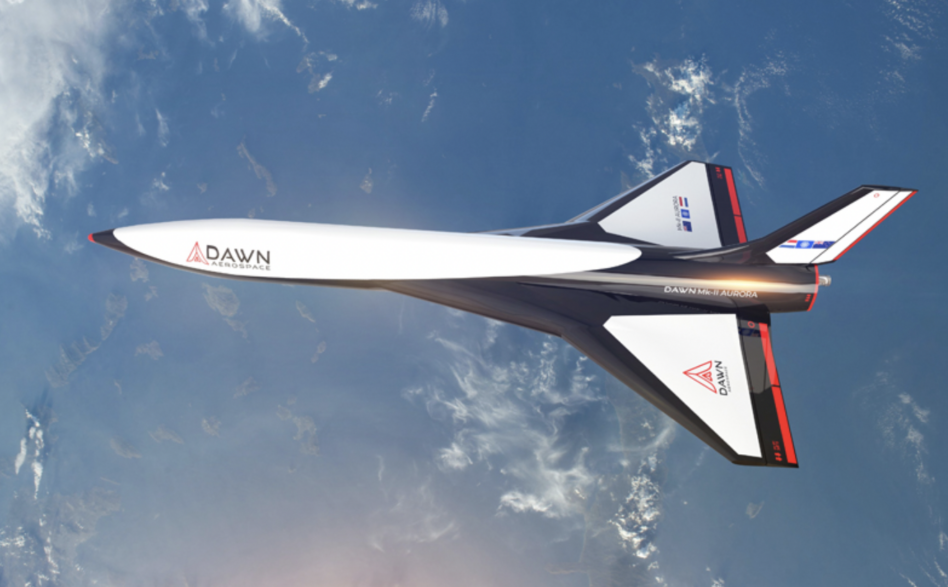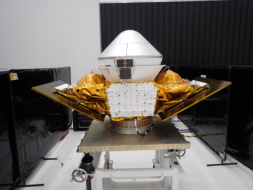Dawn Aerospace’s rocket-powered Mk-II Aurora suborbital vehicle is expected to make its maiden flight in April after getting regulatory approval from New Zealand to fly last week.
Mk-II Aurora spaceplane: Dawn Aerospace has already completed 48 test flights using traditional jet engines. The upcoming launch marks the first time a remotely piloted, rocket-powered vehicle has been flight certified for a civil airport, according to the company.
- The Mk-II is a suborbital plane capable of reaching heights of over 100 km.
- Applications include earth monitoring, microgravity research, and disaster management.
- The plane is fully reusable and will be able to fly twice a day.
Dawn is betting that horizontal take-off and landing rockets can significantly reduce the cost of space travel while increasing the frequency of flights.
Looking ahead: Late last year, Dawn Aerospace raised $13M to continue developing Mk-III, a two-stage orbital spaceplane, and its in-space propulsion technologies.




